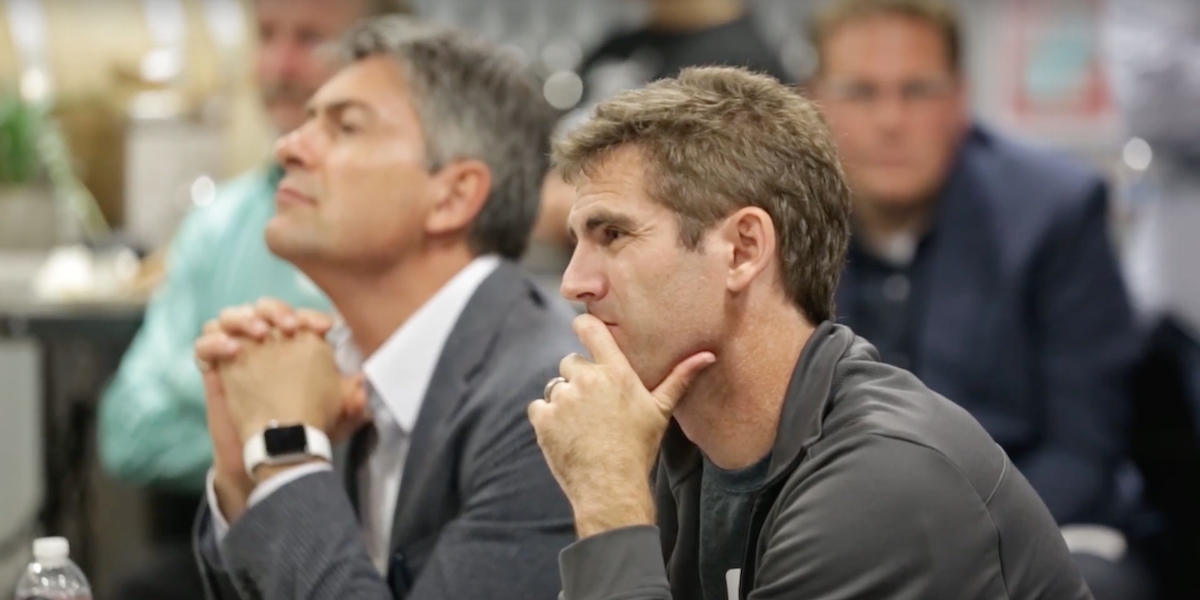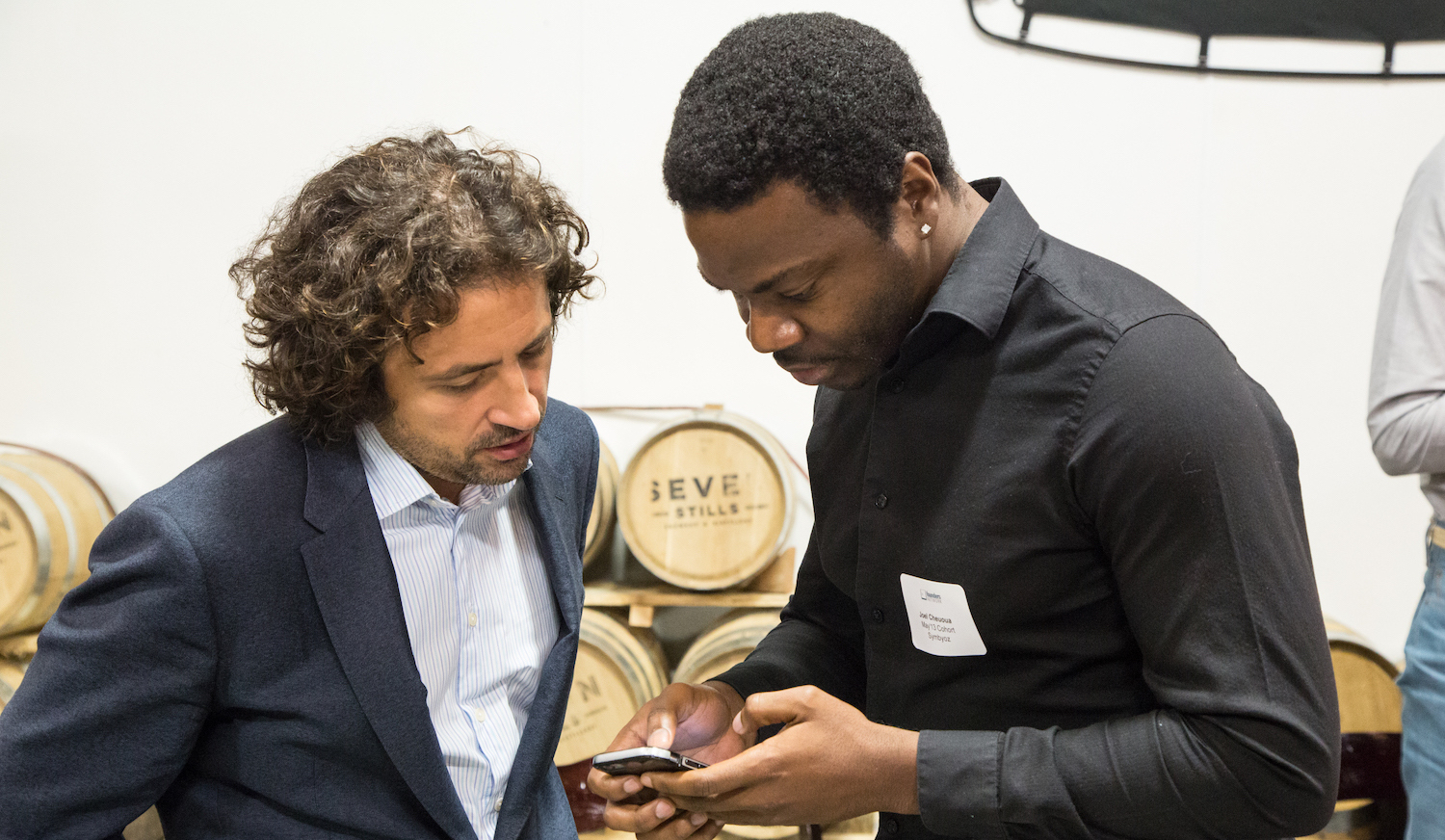
Howard Hartenbaum (General Partner, August Capital) was the founding investor in Skype, and a former member of their board of directors. The Midas List investor will be sitting down with our founders this week for an intimate roundtable focused on his “red flags”. I.E., what not to do when pitching. At FN, we’re all about transparency, so thought we should share the notes from Howard’s prep interview to help founders navigate the fundraising landscape:
Q: You were the founding investor in Skype— one of the defining aspects of your career. What was the thought process behind spotting their eventual success?
Howard:
- The Co-founders had worked together before in the telecom industry and deeply understood how it worked.
- They were proposing a completely software based solution to a traditional hardware infrastructure problem. So their cost structure would be so competitive there would be no reaction to the incumbents.
- Market size was in the $100B+ range, big enough to where the revenue implications would be massive.
Q: In 2000, toward the end of the .com bubble, you were hired as the CEO of a company called Public Mind. An enterprise software as a service providing customer relationship management solutions. Based on that experience, do you have any advice for founders?
Howard: You can have a fantastic idea, but timing is really the most important thing. If you get your company timing wrong, if you’re either too early or you’re too late, there may be nothing you can do to survive. In my experience, most founders are too early. Because investors, employees, and cofounders tire. You can have the greatest idea in the world but someone else may realize it a few years after your company does not succeed. Founders need to ask: Why is now the right timing for this company?
You can have a fantastic idea, but timing is really the most important thing. @howardh @AugustCapital
Q: You’ve heard thousands of pitches. What are a couple defining factors that catch your attention as an investor?
Howard:
- If I think to myself, I should quit my job and work for this person.
- If there’s something Brave New World about what they’re proposing, not faster better cheaper. If they’re saying “everybody used by buy software and run it on their servers, we’re going to run it on our servers and here’s what you get out of it” — that’s Salesforce.
- If their proposal is capital efficient. You can prove everything, if not almost everything, on a modest amount of money. Later if you need more money it will just be for growth. Nothing turns me off more than someone saying “I need to start a company and to start Phase One I need $10M bucks”.
If I think to myself, I should quit my job and work for this person, that’s a company I’d invest in @howardh @AugustCapital
Q: What are some “red flags” when it comes to investing in a company for you? Basically, what should founders not be doing?
Howard:
- They shouldn’t be disagreeing with each other during the pitch, that happens. They should be making their decisions based on data and thought, not on gut feeling. A lot of the time I’m asking the team “why did you decide to sell to this market segment first” if the answer is “we talked to 20 ppl and this is what we learned” good answer. A bad answer is “that seems like a good segment” or “my gut told me”.
- People who do not seek out experts or listen to others. Maybe they screwed up their cap table. Or hired friends and family to do finances. Or they did all the legal work themselves based on some web form. These are not people I’m interested in investing in.
I won’t invest in people who do not seek out experts or listen to others @howardh @AugustCapital
Listen to Howard’s Podcast, Venturecast, where he and David Hornik take a random walk down Sand Hill Road with conversations, interviews, and conference reports around the Silicon Valley entrepreneurial scene. Highly recommended.






